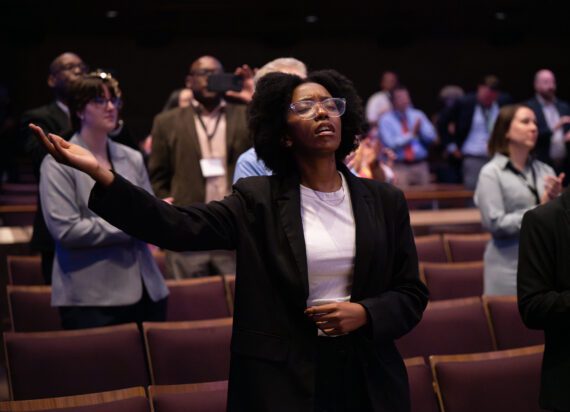Climate change is a long-term shift in global measures of climate, such as precipitation and temperature, caused by human activities that increase greenhouse gas levels. Its many effects include rising sea levels and prolonged heat waves. Climate justice is a practice that promotes equity by responding to the harmful impacts of climate change in ways that center the challenges of historically marginalized groups.
Climate, Hunger, and Racial Equity
While climate change impacts everyone, regardless of race, policies and practices around climate have historically discriminated against and excluded people of color. Due to structural racism, communities of color bear the negative impacts at higher rates. Addressing climate change through a climate justice approach ensures that climate change is addressed in a racially equitable way that centers the voices and leadership of people of color.
African Americans have experienced more than 400 years of anti-Black structural racism, including U.S. chattel slavery and subsequent racist or discriminatory policies. These policies helped create the largest racial income and wealth divide in the U.S., which has limited the ability of African Americans to respond to and prepare for climate change. Natural disasters of increasing severity and frequency have left many African Americans susceptible to facing hunger.


